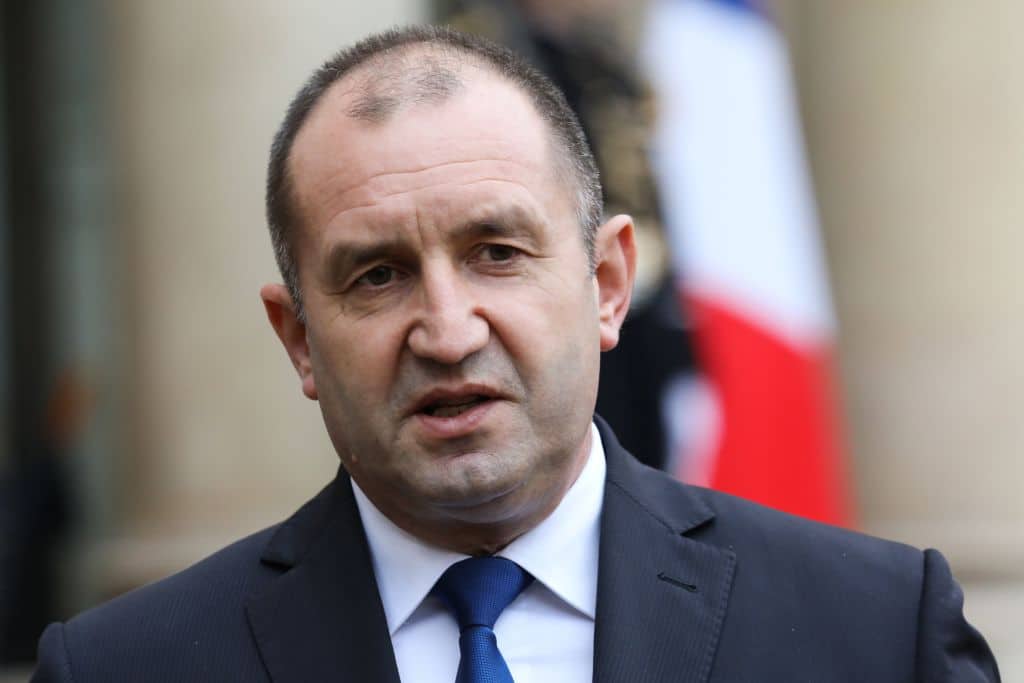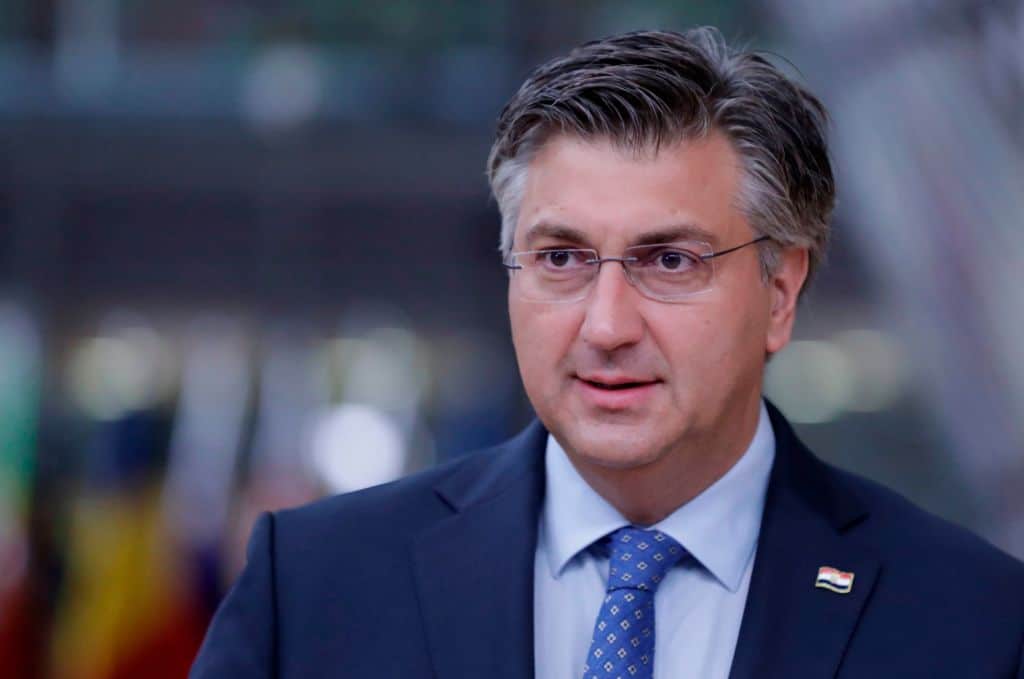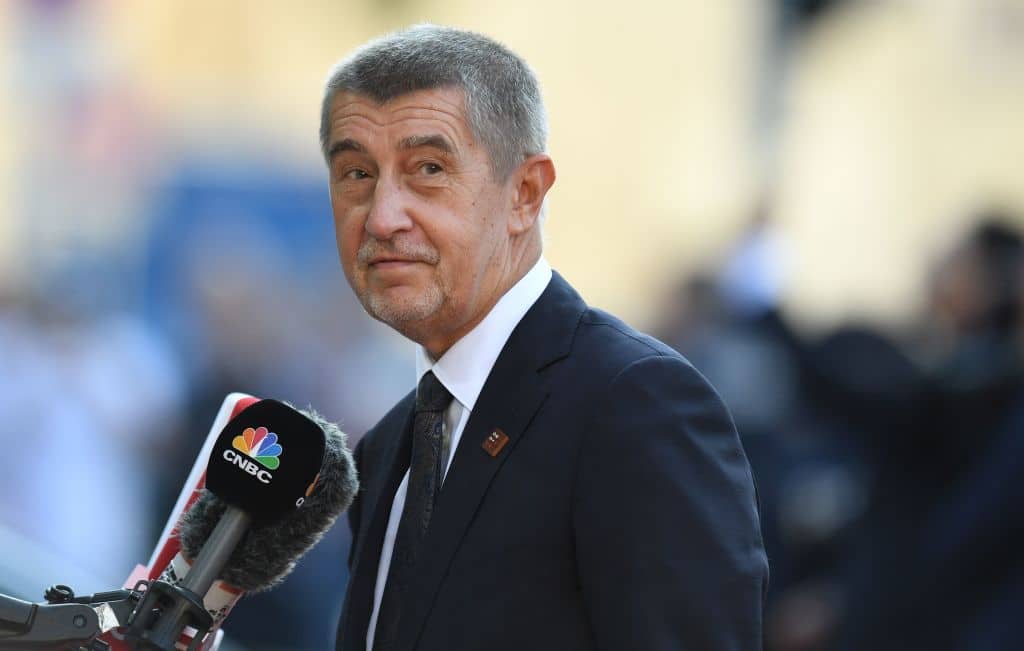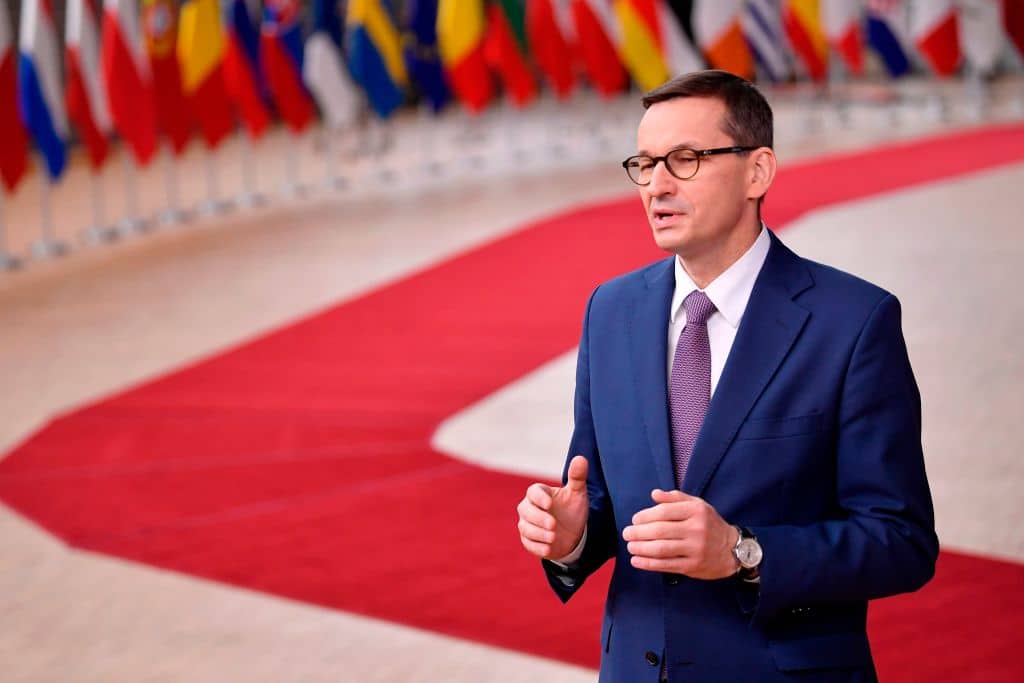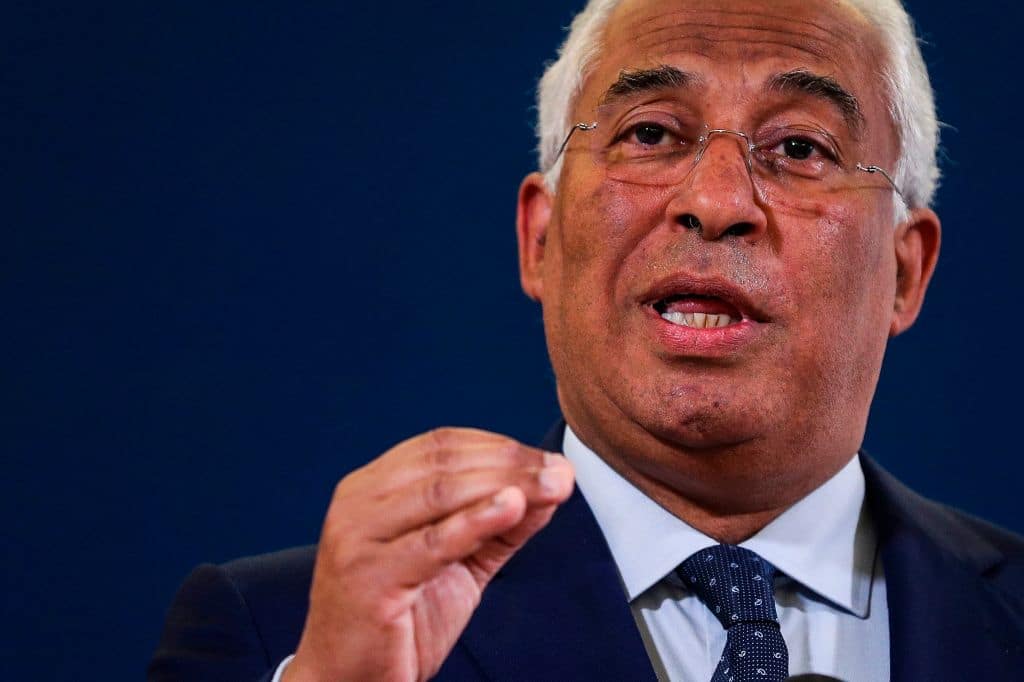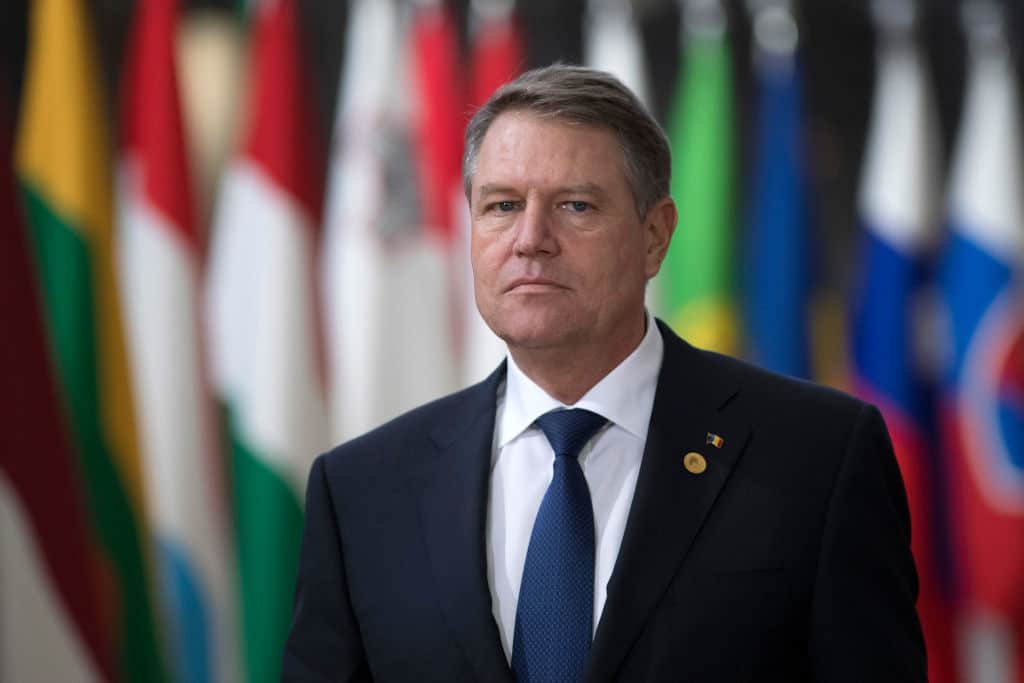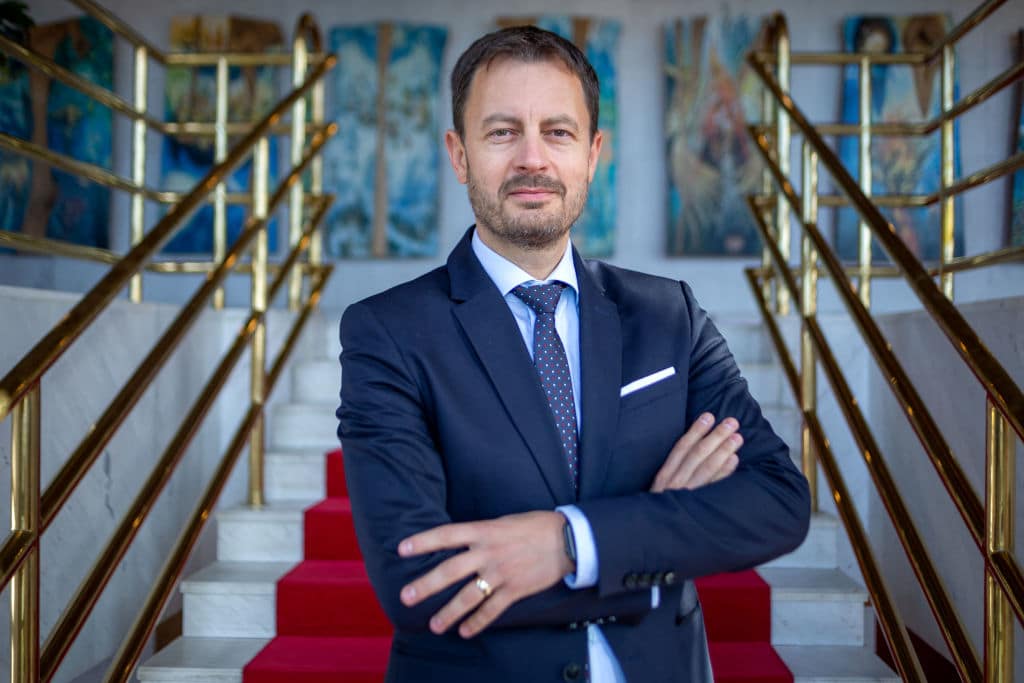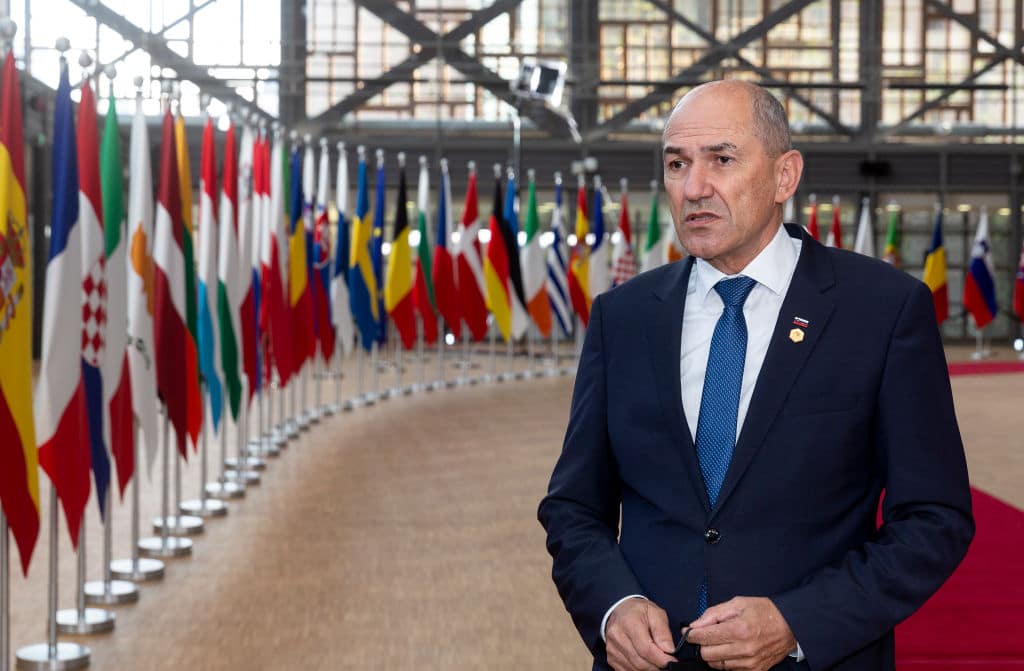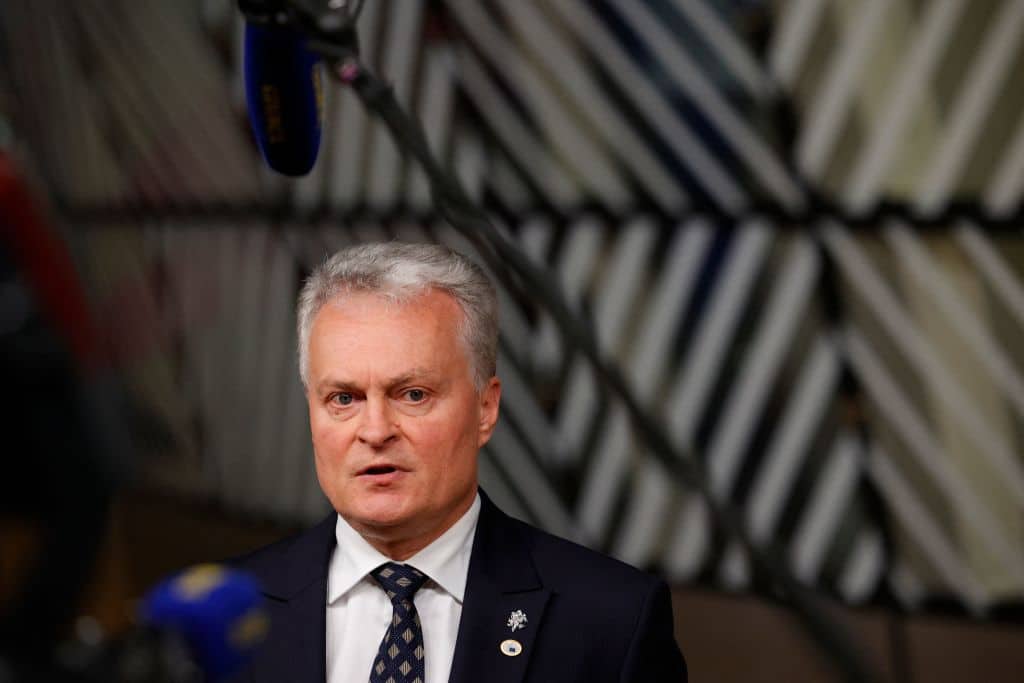Every EU leader that’s remained curiously silent over Hungary’s cruel assault on LGBT+ lives
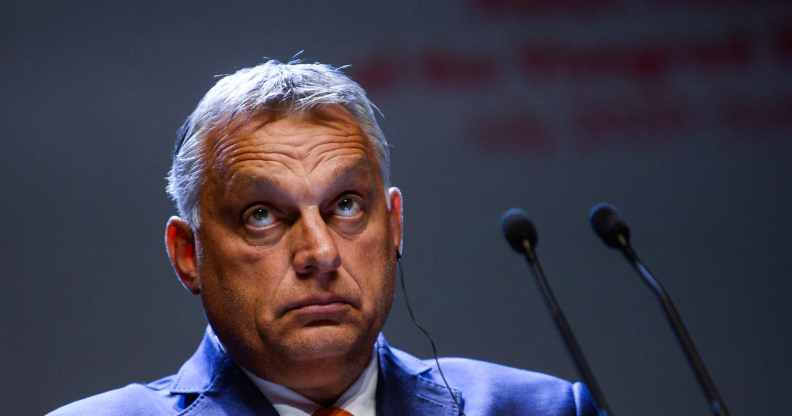
The prime minister of Hungary Viktor Orbán has launched salvos after salvos against the LGBT+ community. (Omar Marques/Getty Images)
Hungary has faced contempt and disappointment from political figures across Europe over its discriminatory anti-LGBT+ law – but not all EU leaders have condemned the country’s actions.
Hungary, which is one of the 27 EU member states, has faced fierce criticism from LGBT+ groups and human rights organisations over the bill, which bans LGBT+ representation in advertising or media that could be seen by under-18s. It also prohibits the promotion of LGBT+ issues in schools.
On Thursday (24 June), 17 EU leaders signed an open letter pledging to “continue fighting against discrimination towards the LGBTI community” in light of the Hungarian law. Those leaders were praised by LGBT+ groups for speaking out, but the letter also raised some eyebrows: what about the nine EU members that didn’t sign the letter?
Understanding exactly why some EU leaders declined to sign the letter isn’t an entirely easy feat. It’s not all about whether different countries support LGBT+ rights – it’s also about politics and age-old allegiances.
The nine EU member states that were missing from the letter were: Bulgaria, Croatia, Czech Republic, Poland, Portugal, Romania, Slovakia, Slovenia and Lithuania. Here, we look at what has been said and, more importantly, what hasn’t been said by those countries’ leaders.
Bulgaria’s president Rumen Radev
There has been almost complete radio silence from Bulgaria’s president Rumen Radev and from its caretaker rime minister Stefan Yanev on Hungary’s anti-LGBT+ law.
Radev represents Bulgaria at the European Union summit, which took place this week, and various media reports suggest that he did not publicly condemn Hungary’s prime minister Viktor Orbán.
Croatian prime minister Andrej Plenkovic
Croatian prime minister Andrej Plenkovic has not commented on Hungary’s anti-LGBT+ law – perhaps not surprising considering the two countries’ close ties.
Plenkovic did not sign the open letter from EU leaders pledging to fight against anti-LGBT+ discrimination.
Czech Republic prime minister Andrej Babiš
Czech prime minister Andrej Babiš also didn’t sign the open letter in support of LGBT+ rights – and he explained his stance on Hungary’s anti-LGBT+ law as he arrived at the EU summit this week.
Arriving in Brussels for the EU summit on Thursday, Babiš said he wanted to discuss the issue with Orbán – but said he would wait to discuss it with the Visegrád four (which includes the Czech Republic, Hungary, Poland and Slovakia) before deciding how to approach it.
“It needs to be explained thoroughly… I can’t judge it, we agreed that we would have it explained in the V4 to be sure that interpretations are correct,” he said, according to Balkan Insight.
Polish prime minister Mateusz Morawiecki
It won’t come as a surprise to anyone who follows developments in LGBT+ rights that Polish leaders have refused to condemn Hungary’s anti-LGBT+ law.
In fact, Polish prime minister Mateusz Morawiecki was one of just two leaders that backed Hungary at the EU summit, where numerous other political figures sharply criticised Orbán for his country’s anti-LGBT+ legislation.
Last year, Poland faced fierce backlash from EU leaders when it emerged that a third of the country had been declared “LGBT-free zones”.
Portugese prime minister António Costa
Another leader who didn’t sign the letter is Portuguese prime minister António Costa. He did, however, speak to Orbán at this week’s EU summit about the legislation and took a somewhat critical approach, telling him that Hungary had the option of remaining outside the European Union and maintaining only an economic relationship with the block if it doesn’t want to uphold European values.
He told Orbán: “If you join, you have to play by the rules… The EU is not an empire in the making like the Soviet Union.”
Romanian president Klaus Iohannis
Klaus Iohannis, president of Romania, has also failed to condemn Hungary over its ban on the “promotion” of LGBT+ identities.
That won’t come as too much of a surprise. Romania is far from a world leader on LGBT+ rights – earlier this year, it was found guilty by the European Court of Human Rights for refusing to recognise trans men who hadn’t had gender affirming surgery.
Slovakian prime minister Eduard Heger
Slovakian prime minister Eduard Heger has also remained tight-lipped on Hungary’s anti-LGBT+ law. He also failed to sign the EU leaders’ open letter on the subject.
It is not clear exactly why Heger has stepped away from the conversation, but it could be to do with the fact that Hungary and Slovakia are neighbours, and relations are considered strong between the two nations.
Slovenian prime minister Janez Janša
Slovenian prime minister Janez Janša joined Poland in rushing to Hungary’s defence at the EU summit this week, making it an outlier in Europe.
Luxembourg’s prime minister Xavier Bettel, who is gay, told reporters following the summit: “Only two countries said they are completely on Hungary’s side: Slovenia and Poland. The others supported us or said nothing.”
Lithuanian president Gitanas Nauseda
Lithuania’s president Gitanas Nauseda has also backed Hungary in the deepening row with the European Union.
Speaking to reporters on Friday (25 June) following the European Council’s meeting, he said: “Today’s discussion… deviated from the subject at times, and, to tell the truth, some colleagues tried to comment [on the Hungarian law] without even having familiarised themselves with the text,” according to LRT.
He went on to claim that it was “premature” for EU leaders to condemn Hungary, adding: “I don’t think this is right.”
